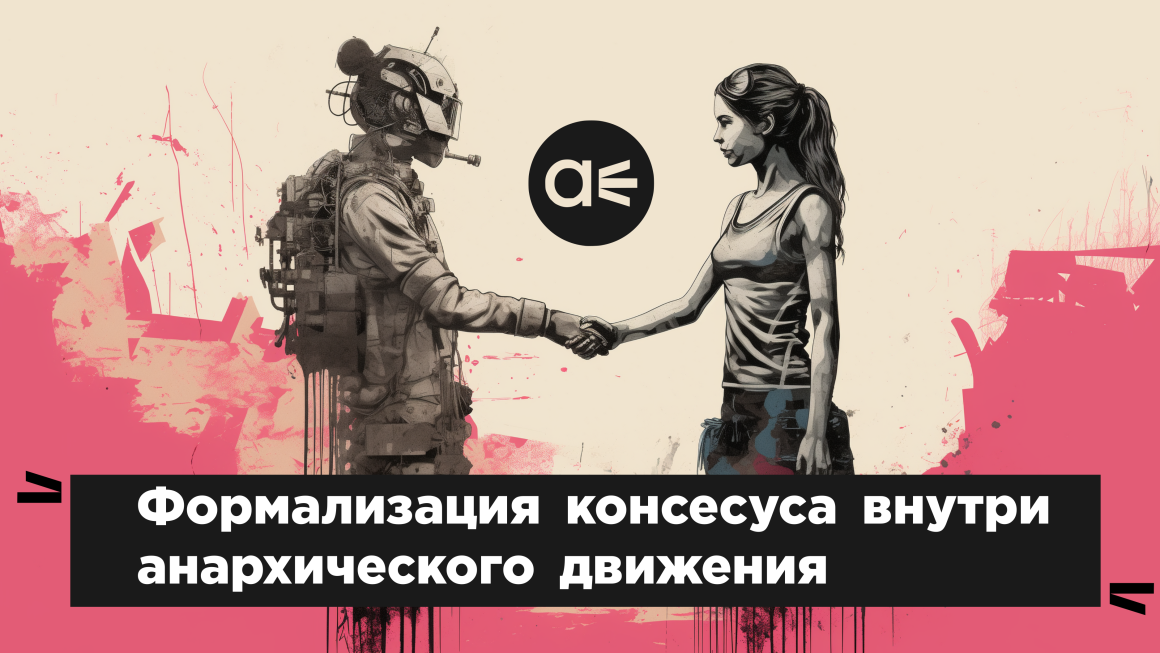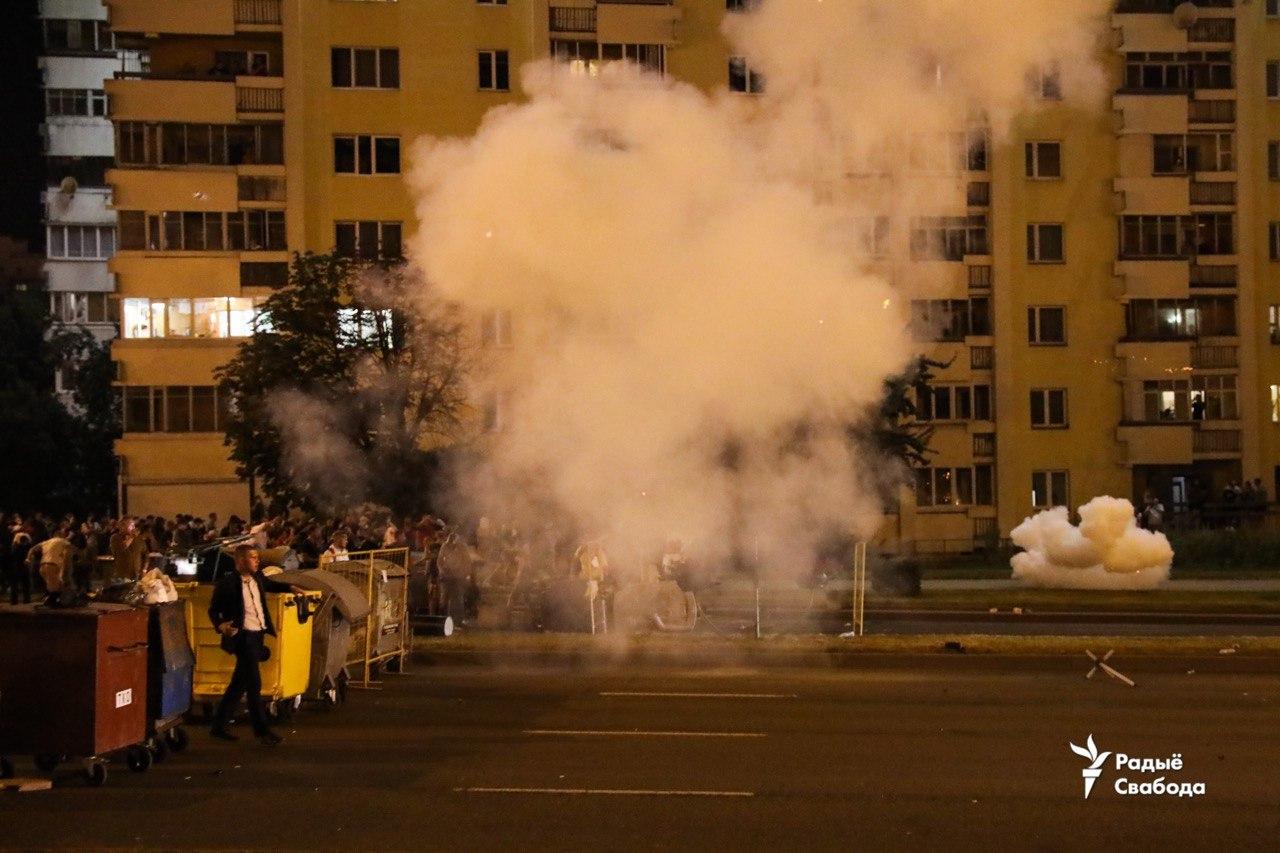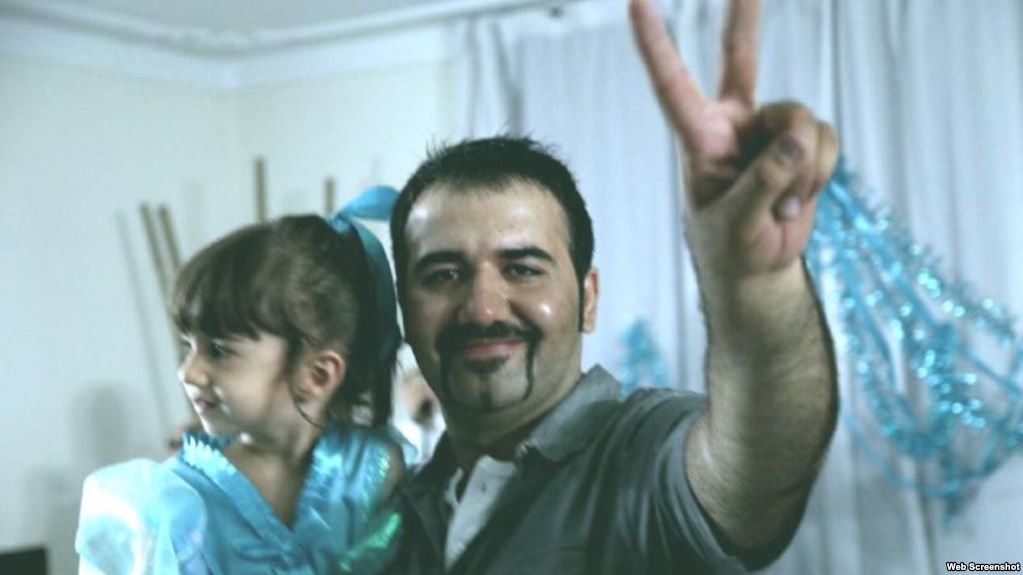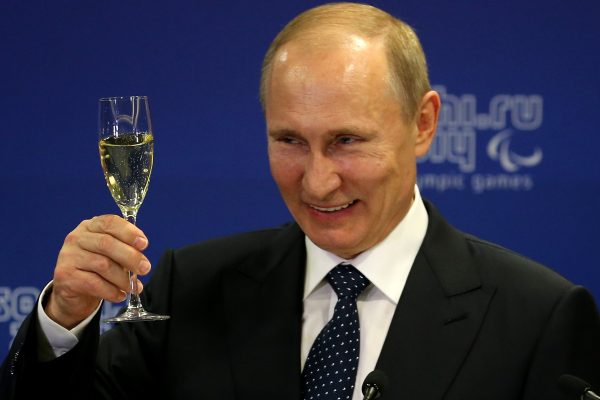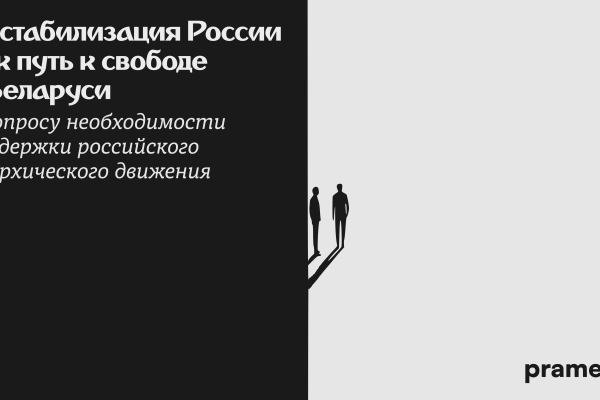Whether we like it or not, our society is made up of thousands of unwritten rules. Some of them we may agree with, and some of them we may fight against all our lives. These rules can be very different depending on where you live. For example, such trivial things as talking at the table during a meal may be taboo in one country, while in another it may be considered normal. Discussing politics among colleagues in one country may be unacceptable, also because of the possibility of political repression, while similar discussions in other countries have contributed to the growth of labor movements.
The anarchist movement tends to be ahead of the planet when it comes to informal rules. Sometimes it succeeds, but very often we are faced with problems that are difficult to solve without formal processes for dealing with the situation. The principles of equality and solidarity declared among anarchists are very often overshadowed when there is a conflict or an ambiguous situation. The principles of combating sexism, racism, homophobia and other forms of discrimination turn into buzzwords, but in reality lead to disappointment in one’s own comrades when the movement fails to respond adequately to sexual violence or xenophobia.
As it happens, over the many years of involvement in the anarchist movement, I have had to take part in various difficult situations within that have shown the huge problems in the movement when trying to resolve conflicts. On the one hand our anti-authoritarian principles prevent us from using the traditional institutions of the state – courts, police and prisons. And that’s fine. I trust that no anarchist calls the cops in hopes of resolving their problems. But on the other hand we don’t provide any solutions to the situations that arise. Very few collectives try to understand concepts like “restorative justice” or ” community accountability” to resolve conflicts. Very often there is more pressure on initiatives promoting alternatives to the state justice system than on the states themselves from some actors in the movement.
This approach must stop.
We must be able not just to fight capitalism, the state and injustice in the broader society, but within our own movement to respond adequately to violence and conflict. If we can’t do this, then sooner or later we may be left on the dustbin of history as a movement that talked a lot but failed to apply its own principles even within its own micro-society.
Liberals are ahead of anarchists
There are very few issues where liberal politicians outflank anarchists. Very often, anti-authoritarian movements are pioneers on many issues of social rights and freedoms. Anarchists have traditionally been on the cutting edge of social struggles.
But, on issues of conflict resolution, parts of the liberal world are now stepping ahead of the anti-authoritarian left and anarchists. And I’m talking about conflicts within collectives based on sexism and racism. At least in formal settings.
For example a significant portion of corporations and large firms today use a code of conduct governing unacceptable behavior, as well as the responsibility of people in the collective for certain actions. Moreover, there are often defined roles within teams of people who are willing to provide support when necessary in the event of problematic behavior. In theory, if H is sexually harassing R, she or he can go to the contact person and report what is happening. The code itself very often also spells out sanctions for unacceptable behavior.
De facto, the code of conduct became a kind of formalization of previously unwritten rules within work teams (rules that could vary greatly from one team to another). It was the written rules that showed on the one hand the savagery of the capitalist world in matters of discrimination, but on the other hand also contributed to the current development of conflict and potential transformation within the Western working class. What was permissible for managers and directors 10 years ago is now much more difficult to pull off.
Don’t think that I hold a code of conduct responsible for the fight against discrimination. Not at all! The fight is carried out by people within teams. But the code of conduct has become a tool that many activists use to escalate conflicts over discrimination. It is this escalation that helps move things forward and makes the world a little more bearable. Not everyone’s patience and non-conflict, but escalation and fighting on a constant basis.
There is no formal code of behavior in the anarchist movement. The permissibility of an act is often determined in small collectives. In the case of large events, conflicts are resolved according to the principle of “no sexism, no racism, no homophobia and other forms of discrimination.” Such principles mean almost nothing in reality. According to some, these problems exist only in a capitalist society that ends at the threshold of a social center or squat.
In practice, personal connections play a much larger role within an informal political movement. The social capital gathered by an activist can give carte blanche to many problematic behaviors. The “well, he’s a normal kid” attitude has created a culture in which some form of violence can be acceptable if you do enough for the movement. The stories of sexual assault and manipulation make one’s head spin every time they come out of small activist groups. And this is only a small part of what reaches the general public. Many stories go unheard, and the traumas collected within the activist milieu may exist for years to come.
At this point it is fair to admit that some parts of the anarchist movement are mired in unresolved situations of violence and discrimination. Many of us are still in denial about this to this day. This is where the discourse of minorities comes in, distracting us from the real problems – capitalism and the state. Except that many of the fighters against feminism or anti-racism within the anarchist movement are often not themselves fighting in the working class or on the front of destroying capitalism.
Struggles of this kind are further complicated by the lack of clear boundaries of the so-called community to which an activist is responsible. Some direct action groups respect only other underground activists, and social activists do not accept various insurgent collectives as their own. Some join an anarchist movement for life, while others stay in it for only a couple months. This dynamic not only makes it impossible to hold people accountable, but also to explain to people initially what is acceptable within our community. After all, the unwritten rules of a liberal or conservative environment are very often not questioned within our own movement.
Obviously, we cannot go on like this: dealing with violence takes a huge amount of energy and forces many worthy activists to withdraw into ordinary life after years of frustration. Internal problems are usually solved by small groups of people who already spend most of their effort and time on the anarchist movement.
Anarchists very often say that a state-free society can be based on voluntary collective contracts understood and accepted by everyone in the community. Such contracts are presented as an alternative to state laws or the capitalist market. But the social contract format itself is rarely used by anarchists. On the other hand, a social contract is a much more transparent representation of the values and principles of a community and can clearly prescribe the rules of social interaction. Instead of abstract unwritten rules of silent consensus, we see on paper what this or that group represents and can decide for ourselves whose values are really progressive and who breathes conservatism.
Many things we think are consensual, but they are not. Everyone interprets situations and political principles based on their own life experience. Freedom can mean different things to two people. That is why we need to create these very social contracts within the movement, which will describe our values in a down-to-earth way, as well as the conditions of interaction in a conflict and possible ways of solving problematic situations.
I understand that for many anarchists any formalization is a path towards authoritarianism. This is not the case for me. Formalization of some processes within the movement can allow us to get away from informal authorities actively using their position to bend certain unwritten norms. Adopting a collective agreement will also allow us to solve the problem of community definition within the movement. Those collectives and groups that agree on common principles of interaction are the community. If a collective does not want to accept a minimal social contract, then we should not expect anything more from this collective. And it is through collective agreements that we will be able to judge how seriously certain communities realize the problems of internal conflicts and are ready to do something about them.
Moreover, some formalization of our social arrangements creates a process of movement building. People who will come after us will be able to use our work to further develop the principles of a society of equals, built not on informal rules, but on social contracts that describe our interaction not only in the struggle against the state and capitalism, but also in our daily lives with each other.
But we shouldn’t go into fanaticism and try to formalize every aspect of the movement. The social contract is not meant to create a new anarchist bureaucracy that works solely within written rules. This kind of overreach is unlikely to help our struggle for a free society.
A number of collectives in various countries are now working on a kind of collective bargaining agreement. For example, the Polish Syndicalist Workers’ Initiative (Inicjatywa Pracownicza) is currently working on a full-fledged social contract addressing various areas of potential conflict and how these conflicts will be resolved within the union. The organization includes over 4,000 workers and potentially already has a community for which a social contract is being created. Other groups that I know of operate in a less formal environment, but are continuing to develop ideas of formal consensus in an attempt to resolve conflict and I hope that soon the written down rules will help at least a little in combating problems within the anarchist movement.
Alexey Stoev for pramen.io
